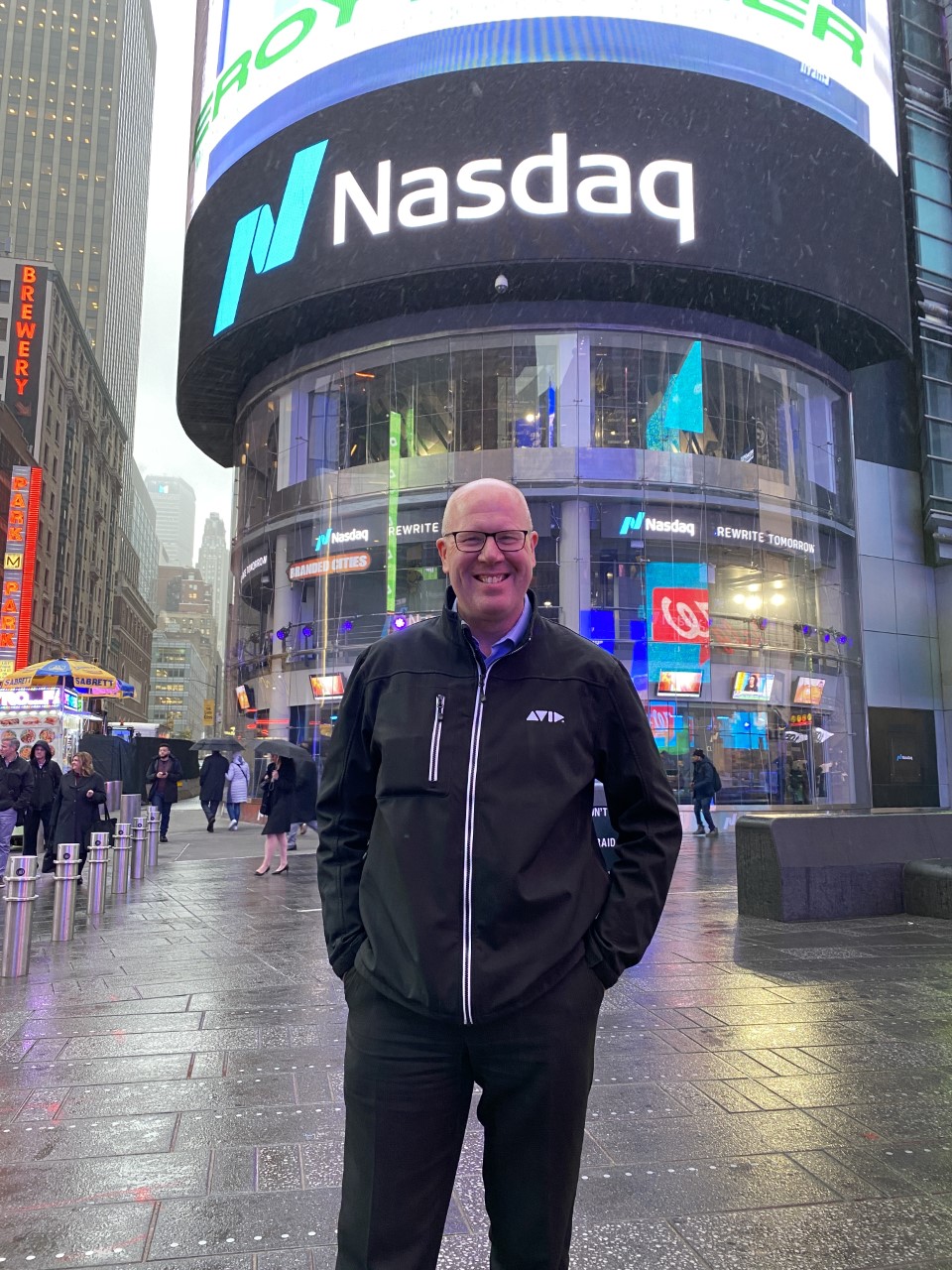We recently spoke to Avid’s product evangelist, Craig Wilson, about what a typical day to day working at the Olympics looks like, the importance of managing tricky time zones for broadcasters, and the technical challenges he and his team faced in delivering some of the most memorable Olympics moments.
Read the exclusive interview below:
Production 360°: Craig, thank you for taking the time to speak with us today! We’d like to kick it off with a quick intro about yourself and perhaps a story about your first Olympics project.
Craig Wilson: Thank you for having me! I’m a product evangelist at Avid. The first Olympics I had the privilege to be involved in was the London 2012 event, a particularly special one with it being here in the UK. As a workflow consultant in professional services, I was involved in numerous projects whereby a customer would purchase a system, I would deliver the training plan, work out the actual workflow, and provide the support needed post-installation once it went live. I loved every minute of it, the thrill of it all, the quick back and forth in communicating with customers, there was a real buzz in the air!
Production 360°: So, how many Olympic events have you worked on?
Craig Wilson: My work with the Olympic games began when I started working with a few organizations in the lead up to the London 2012 event. I remember a very snowy day in Cologne, Germany when someone asked me if I’d like to be involved with a project at London 2012, if we won it. We did win it, I said yes, and that set me up on the start of a big journey. Since then, I’ve attended five games, Sochi 2014 in Russia, Rio 2016 in Brazil, Pyeongchang 2018 in South Korea, and last year, Tokyo 2020 in Japan. I’ve also done a variety of the Youth Games, at least four of those.
Production 360°: What’s the typical pre-show prep?
Craig Wilson: That’s a tough one. Planning for these things is ongoing, it never stops. We have teams working months in advance, you’re looking at designing and building the system, working out factory acceptance, the system then gets built and shipped out on location. As part of a team, I’d normally be there 4 weeks ahead to help train everyone in how to use the system. That’s 200-300 people, which is a lot to get through. That initial period, checking the system, training people, testing it all out ahead of the opening ceremony. That’s a big focus for those on the ground. Some of the guys would stay longer to cover Paralympics, which is a fraction of the size from a broadcast perspective, but still a big event.
Production 360°: Interesting…
Craig Wilson: The Olympics is the biggest multi-sport event in the world, but the Paralympics is the second biggest. I’ve been involved in the Paralympics in London previously, and you could stay there for at least three months working on the project.
Production 360°: Sounds like a lot of hard work and dedication from the teams involved?
Craig Wilson: It is a lot of hard work and very full on, for sure, but it’s also a great privilege. As someone who’s a big sports fan it’s incredible to have the opportunity to be involved in an event like the Olympics. It’s a chance to put all the lessons we’ve learnt from previous games and all our preparations for the test. It can be enormously rewarding work for everyone involved. Although some of the workflows we had in place for the 2012 London Olympics have stayed the same, each time you attend and work at an event like this it tests you. Looking back at the 2012 games compared to today, the software and hardware we use, the digital landscape and viewer’s expectations are all very different to a decade ago. Viewers are now accustomed to being able to access content quickly, while on-the-go and through multiple devices. These are all factors that we, as a team, have to be aware of and deliver on.
Production 360°: With it being so busy, these edits must’ve been quite hard to turn around?
Craig Wilson: They are tricky to say the least. I mean, on average we’d produce 300 to 400 items per day, especially with the 24-hour news channel there. I do have to say that the rise of digital has massively changed things for both broadcasters and consumers. In the past, viewers would have said, “let’s watch this on the TV”, now it’s changed to “can I watch it on my phone or laptop at 2am UK time?”. NBC is a great example here. They produced so many minutes for the recent Japan event, it was mind-blowing. To see the number of streams and downloads made available for viewers each day was incredible. This wasn’t just a linear experience, it had become a separate streaming, catch-up on demand, interactive on social, type experience.
Production 360°: I think consumers benefit from the on-demand experience, especially with time zones in Asia vs Europe and North America?
Craig Wilson: You’re correct. Being able to deliver on-demand content for the Olympics is immensely important. The games are an international event, so we have to ensure viewers can access this content wherever they are in the world – this is especially important for any viewers who aren’t located within the same time-zone as the event. For example, the next Olympic games will be held in Paris, France in 2024, but without on-demand services this would be inconvenient for viewers located in South Asia. Whereas in the past you might have to get up in the middle of the night to catch the action outside of your time zone, today the on-demand experience means we have the convenience of fitting content around our busy lives and lifestyle. The future is in delivering content to these on-demand platforms. It’s beneficial for consumers but also for advertisers to promote their products and produce revenue.
Production 360°: It’s interesting to see this dynamic between live and on-demand.. anything else to add?
Craig Wilson: The only thing I’d add is that I’m excited for the upcoming games and shows, particularly from a broadcast perspective with the integration of remote working. We’re seeing a rise in digital solutions and more solutions using the cloud in general to enable efficient collaboration across the Internet. Also, it’ll be interesting to see how many viewers will choose to watch the games live online vs live on TV. It depends on the medium, but the power of live is still strong and still draws in huge audiences. There is only one 100 metres final and the value of that is still important to broadcasters. The Olympics is a big deal globally – while it clearly attracts sports fans it also attracts those who aren’t necessarily into sport but are drawn in by the human element, the compelling stories behind the competitors and the social aspect of coming together to watch it. We’re seeing more sports broadcasters try to cater to this audience by changing the way they present coverage. It’s not just about a sport anymore, it’s become more personal and more of a historic social event. I’m excited for what this will bring in the future!
Production 360°: It was brilliant to meet you Craig and great to listen to your Olympics journey. I hope we get to do this again soon.
Craig Wilson: Me too, thanks for having me, it was a pleasure!






